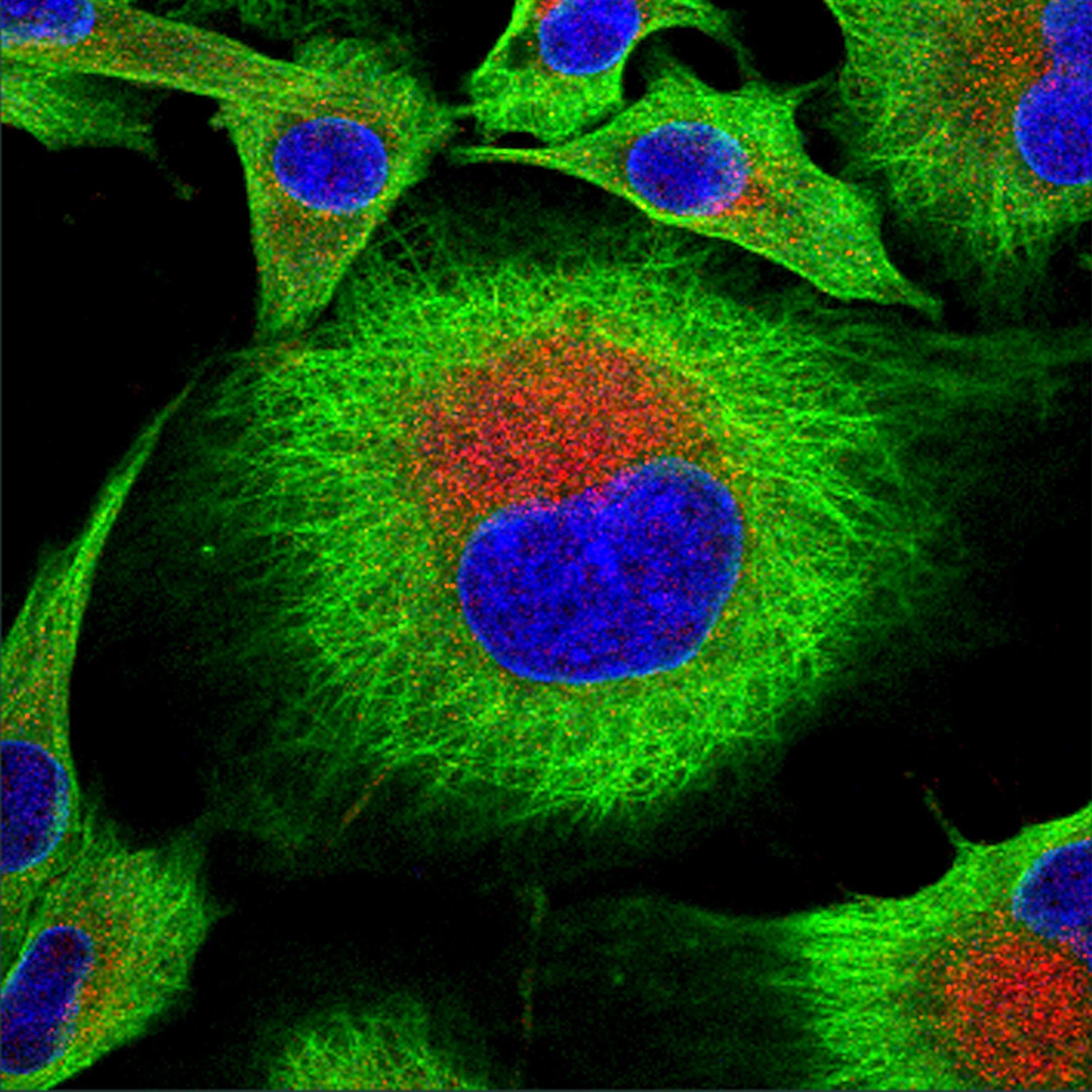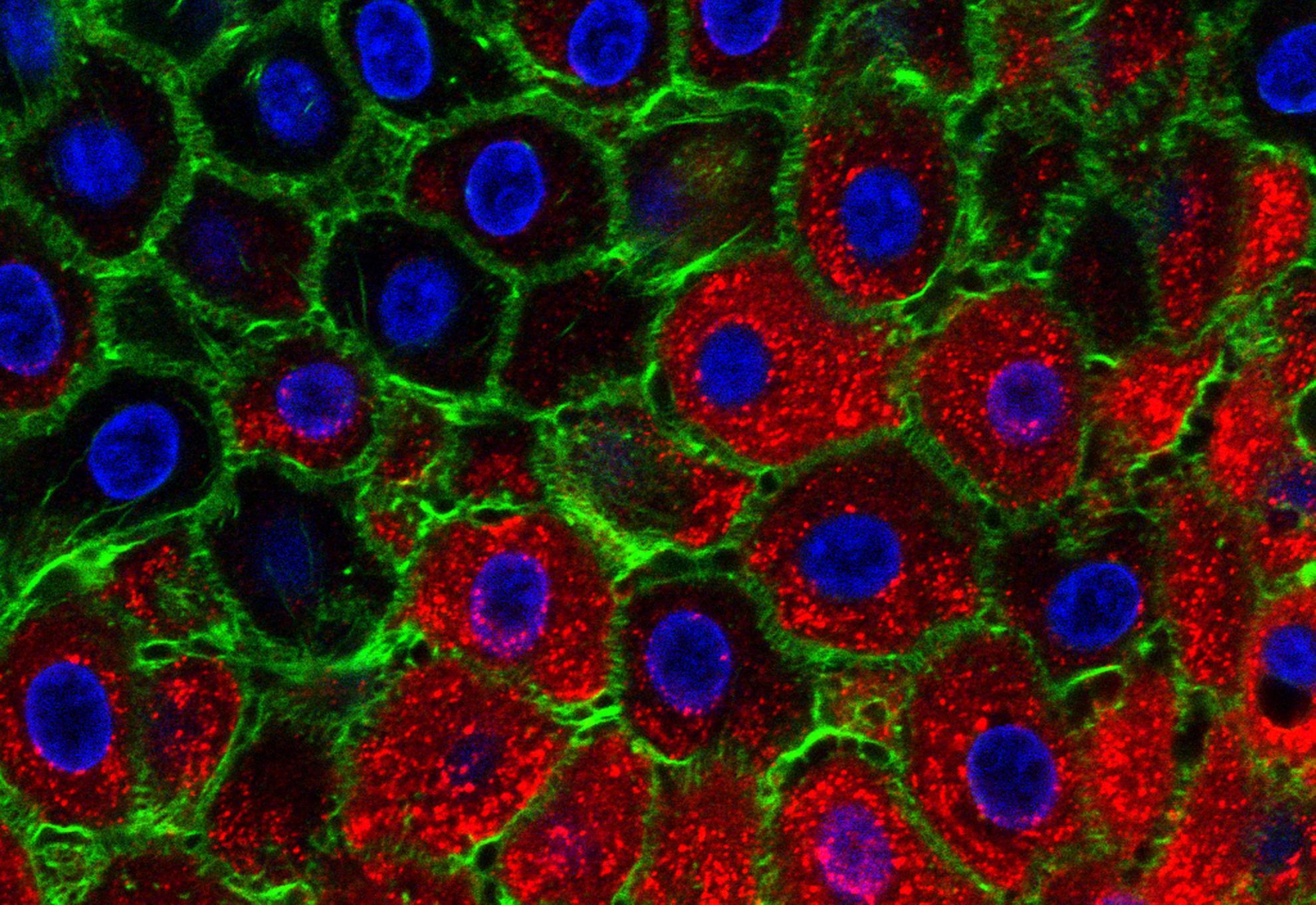Bovine dendritic cell activation, T cell proliferation and antibody responses to foot-and-mouth disease, is similar with inactivated virus and virus like particles
Foot-and-mouth disease (FMD) is a highly contagious disease of cloven-hoofed animals that causes severe economic losses in the livestock industry. Currently available vaccines are based on the inactivated FMD virus (FMDV). Although inactivated vaccines have been effective in controlling the disease, they have some disadvantages. Because of these disadvantages, investigations are being made to produce vaccines in low containment facilities. The use of recombinant empty capsids (also referred as Virus Like Particles, VLPs) has been reported to be a promising candidate as a subunit vaccine because it avoids the use of virus in the vaccine production and conserves the conformational epitopes of the virus. Mignaqui and collaborators have produced recombinant FMDV empty capsids from serotype A/ARG/2001 using a scalable technology in mammalian cells that elicited a protective immunity against viral challenge in a mouse model. However, further evaluation of the immune response elicited by these VLPs in cattle is required. In the present work we compare the effect that VLPs or inactivated FMDV has on bovine dendritic cells and the humoral response elicited in cattle after a single vaccination.

